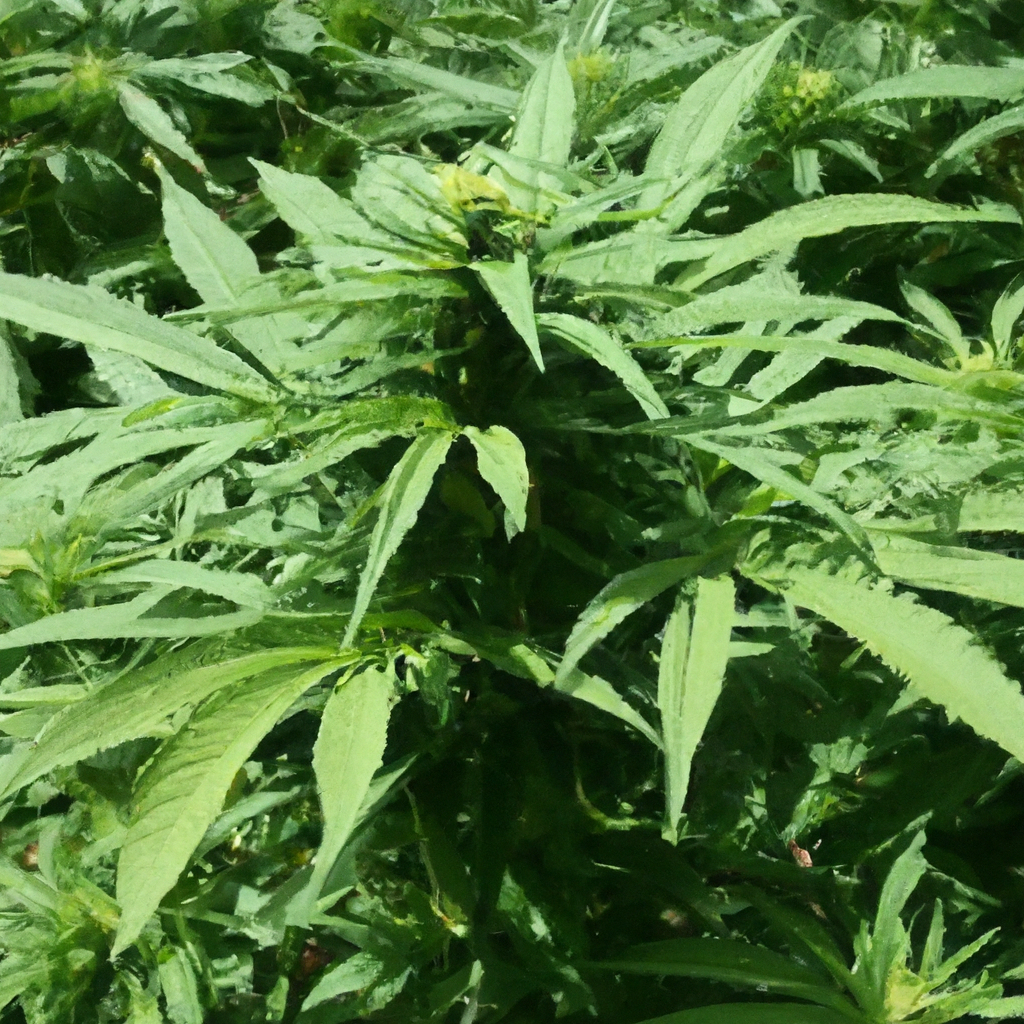Your cart is currently empty!
As the world turns toward more sustainable practices, organic cannabis cultivation has emerged as a significant trend in the agricultural sector. This approach not only nurtures the environment but also produces a safer product for consumers. Dive into the essentials of growing organic cannabis without relying on synthetic chemicals, and discover how to create a thriving, eco-friendly grow operation.
Understanding the Basics of Healthy Soil Ecosystems
At the heart of organic cannabis growing lies the cultivation of a robust soil ecosystem. Healthy soil, rich in organic matter, provides a foundation for strong, resilient plants. Here’s how to foster such an ecosystem:
- Compost Integration: Regularly incorporate compost into your soil to enhance its nutrient content. Compost enriches soil structure, improves moisture retention, and promotes biodiversity by encouraging beneficial microbes.
- Cover Crops: Introduce cover crops such as clover or vetch to maintain soil integrity and prevent erosion. These crops also fix nitrogen, an essential nutrient for cannabis growth.
- Mulching: Mulch helps regulate soil temperature and retains moisture, reducing the need for frequent watering. Organic mulches like straw or wood chips break down over time, improving soil health.
Natural Fertilizers: Nourishing Your Cannabis Naturally
Fertilizing cannabis organically requires a departure from synthetic compounds. Instead, focus on these natural alternatives:
- Fish Emulsion: This liquid concentrate derived from fish provides an excellent source of nutrients for cannabis plants, particularly during their vegetative stage.
- Bone Meal: Rich in phosphorus and calcium, bone meal supports root strength and flowering in the later stages of growth.
- Worm Castings: An all-purpose superfood for your plants, worm castings improve soil aeration and boost microbial life.
Effective Organic Pest Control Techniques
Keeping pests at bay without chemicals can seem daunting, but it’s achievable with these tried and true methods:
- Companion Planting: Utilize certain plants like marigolds or basil that naturally repel common cannabis pests such as aphids and spider mites.
- Diatomaceous Earth: Sprinkle this natural powder around the base of your plants to deter slugs and other pests without harming beneficial insects.
- Neem Oil: This plant-based oil not only combats fungal issues but is also effective against a wide array of insect pests.
Organic Cannabis: Benefits for Environment and Consumers
Growing cannabis organically benefits more than just the immediate environment. It ensures that consumers receive a cleaner, chemical-free product. Here’s why going organic is advantageous:
- Reduces Environmental Impact: Avoiding synthetic fertilizers and pesticides minimizes soil and water pollution.
- Enhances Flavor Profiles: Organic cannabis is renowned for its rich terpene profiles, offering a superior aroma and flavor experience.
- Promotes Healthier Consumption: Organic cannabis reduces the risk of ingesting harmful residues, making it safer for medical and recreational users alike.
Conclusion
Organic cannabis cultivation is more than just a trend; it’s a commitment to sustainability, quality, and health. By focusing on natural soil amendments, sustainable pest management, and eco-friendly fertilization, growers can produce cannabis that is beneficial for both the planet and its inhabitants. Embrace these practices for a greener, purer approach to cannabis cultivation.
Discover more from Magic Clones
Subscribe to get the latest posts sent to your email.


Leave a Reply